TOPAZIUM WEB DATA PROTECTION POLICY
Who is the Data Controller?
The controller of your personal data is TOPAZIUM with registered office in Paseo de la Castellana 40, 8th floor, 28046, Madrid, Spain.
For any queries or requests you have about data protection, you can contact TOPAZIUM at the following email address: info@topazium.com
What are the purposes of processing personal data?
- A) Contact mail:
In the event that you have filled in your details in the “Contact Us” section, TOPAZIUM will process your personal data in order to respond to and manage your contact request by resolving the request for information you may have required.
TOPAZIUM will only process the personal data that you provide together with the message sent through the form.
The processing of this personal data by TOPAZIUM to resolve your query is based on the interest of TOPAZIUM to offer the best possible service to any third party interested in the activity of TOPAZIUM.
- B) Cookies:
The TOPAZIUM website installs cookies on users’ browsing devices in order to ensure the proper functioning of the website and to analyze the behavior of users. The installation of cookies is carried out voluntarily by Users who can withdraw their consent at any time by configuring cookies through the control panel provided by TOPAZIUM. You can find more information about cookies in our Cookies Policy.
How long will we keep your data?
We will process your data for as long as necessary to respond to and resolve the request you have made to us through the Contact Us section.
In the case of cookies, the data may be processed as long as you maintain your consent for its installation and for the duration of the installation of the same.
To whom do we communicate your data?
TOPAZIUM has collaborators who to provide their services can access the personal data of TOPAZIUM.
TOPAZIUM makes a careful selection and control of these third parties with which it has signed data protection agreements, where they are obliged to comply with a number of data protection obligations.
TOPAZIUM may also communicate data of interested parties to the administrative authorities that require it.
What are the rights of your personal data and how to exercise it?
You may, in the terms established in the data protection regulations, revoke at any time the authorization granted for the processing and transfer of your personal data, as well as exercise your rights of access, rectification, opposition, limitation, deletion, portability and not be subject to automated decisions, writing to TOPAZIUM to the email address info@topazium.com or to the address Paseo de la Castellana 40, 8th floor, 28046 Madrid, Spain.
How can you enforce your data protection rights?
If you believe that any of your data protection rights have been violated, you may contact TOPAZIUM to rectify or end your concern about the matter at the address mentioned in the previous section. In any case, you can always contact the data protection authorities to safeguard your rights www.aepd.es






